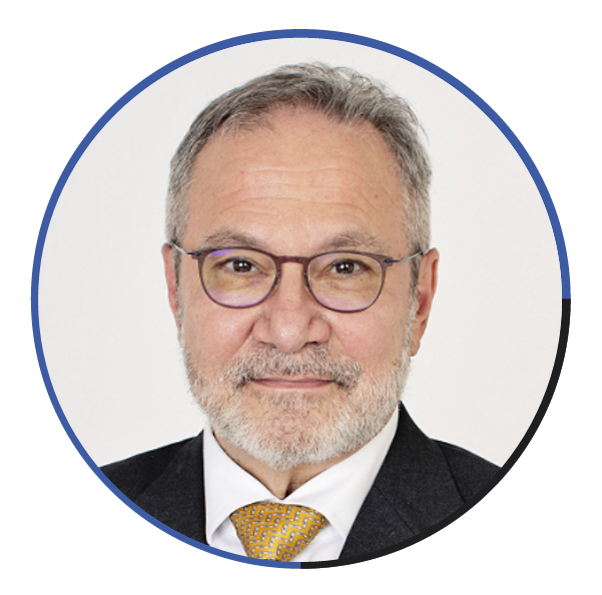Prof David Matchar

Prof David Matchar
Professor & Inaugural Director (2008-2018)Health Services and Systems Signature Research Programme
Duke-NUS Medical School, Singapore
Professor David Bruce Matchar is the Inaugural Director of the programme in Health Services and Systems Research (HSSR) (2008-2018) at Duke-NUS. He is also Professor of Medicine at Duke University in the United States.
Prof Matchar has worked in clinical research for over 35 years; his work primarily relates to stroke and other chronically disabling neurological disorders, as well as clinical and public policy analysis. He served as Director of the Duke Center for Clinical Health Policy Research and established the Duke Evidence-based Practice Center, which was responsible for analysis in support of coverage policy for the US Centers for Medicare and Medicaid Services, as well as guidelines for medical professional societies.
While the content of Professor Matchar’s research spans the range of clinical medicine, the essential nature of his work has involved integration of researchers from multiple disciplines under a common conceptual framework, to address important and complex healthcare issues. His overarching goal has been to promote the use of best evidence to support clinical and public policy decision making. A fundamental challenge is how to bridge the gap between analysts and decision makers—a challenge made more difficult when the issues involve multiple stakeholders, competing priorities, and are complex in detail and dynamics.
More recently, Prof Matchar has applied simulation modeling to clarify the challenges of a rapidly aging population, including future prevalence of disability and the impact of education the trajectory of prevalence, understanding the role of different forms of long-term care services in alleviating caregiver burden, and estimating health care manpower requirements under alternative models of care. This work has led to the formulation of a needs-based framework for healthcare delivery and the development, validation and application of the Simple Segmentation Tool (SST), a simplified inventory of patient-level health service needs, different combinations of which can be mapped to different appropriate means for addressing these needs. He has extended this effort from developed countries (US, Singapore, and Switzerland) to low/middle income countries (Cambodia, Thailand).

